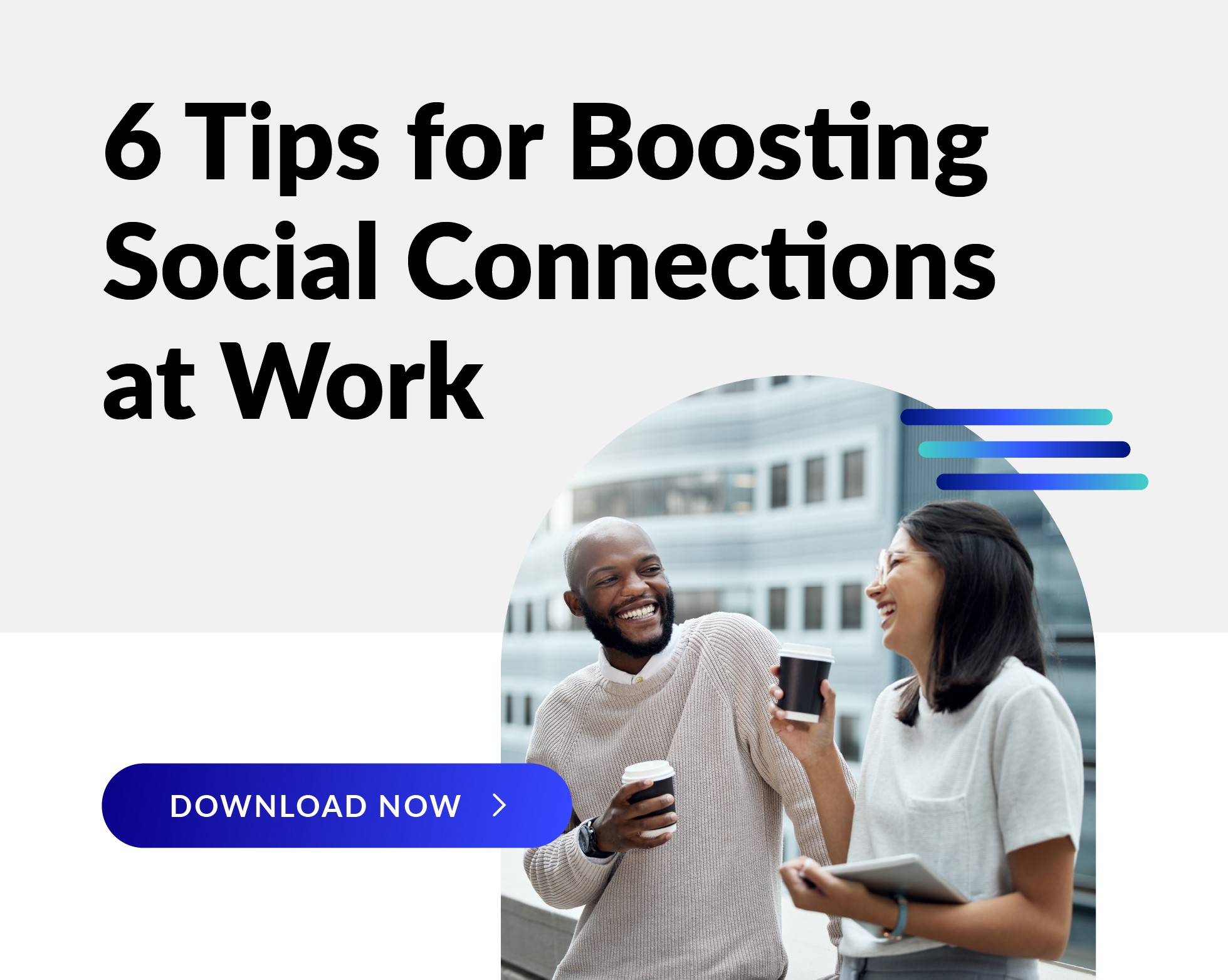 Summertime is on the horizon and we’re all looking forward to longer days, warmer weather, and time with family and friends. But for working parents, particularly those with school age children, the summer months often spell real childcare challenges. In this week’s blog, we discuss how employers can support working parents’ well-being over the summer—and how employees can set the right boundaries—to keep everyone happy, healthy and productive.
Summertime is on the horizon and we’re all looking forward to longer days, warmer weather, and time with family and friends. But for working parents, particularly those with school age children, the summer months often spell real childcare challenges. In this week’s blog, we discuss how employers can support working parents’ well-being over the summer—and how employees can set the right boundaries—to keep everyone happy, healthy and productive.
Finding good, reliable childcare is difficult during the school year, and even more so lately due to the current childcare crisis in the U.S. But when summer comes, parents must find care not for just a few hours in the mornings or afternoons, but for the entire day!
Coordinating camps, sitters, varying pick-up times, and those weeks at the beginning and end of summer when options are limited can lead to added stress and lower productivity for parents. However, with a little flexibility and some practical solutions employers can help parents make it through the summer in a less stressful way.
How employers can support parents
Be flexible. Just as we did during the pandemic, it’s important to offer employees flexibility in working hours. This might mean alternate start and stop times, compressed workweeks, or the freedom to leave for a short period of time to pick children up. Urge leaders and managers to be extra flexible during this time and accommodate any reasonable requests.
Promote the Employee Assistance Program’s (EAP) services. Most EAPs offer parenting resources as well as help with child and elder care referrals, so be sure to publicize this information on your intranet, on workplace social media and in team meetings. Also ensure employees know about the mental health resources the EAP offers that could help during this time. The EAP’s financial wellness services also might provide assistance in how to budget for summer camps and activities.
Expand childcare options. Ensure onsite daycare centers offer summer care for school age kids. Or, consider subsidizing care at an offsite daycare center that offers a summer program.
Consider summer hours or a reduced workload. If possible, you may choose to reduce overall work hours for the summer months, or institute Friday afternoons off to allow parents a bit more breathing room. Non-parents will also appreciate this! Many companies also close at noon the day before a holiday or a long weekend to give employees a head start on travel.
Allow parents to use leave creatively. If you have generous family leave policies, let parents tap into this time off, especially during times when there are fewer care options available.
Provide a forum for sharing. If you have an Employee Resource Group for parents, set up sessions to bring parents together to share resources and tips for the summer. Plan a mid-summer check-in so parents can find support in one another.
Remind employees of flexible spending account benefits. Camps and other types of care are expensive, so make sure employees know they can use their tax-free Dependent Care Flexible Spending Account dollars towards the cost.
How parents can support themselves
Parents also need to be savvy about setting the right boundaries and engaging in healthy behaviors for themselves—both with family and with managers and coworkers. Here are some tips you can share with employees before summer is in full swing:
Have a discussion with your manager and coworkers. Be honest with your supervisor about what the summer looks like for you. Do you need to leave early to pick kids up or work staggered hours to better align with kids’ schedules? Clearly outline the type of flexibility you’re looking for, while assuring your boss that your work will get done no matter what. Also, let your coworkers in on your schedule to avoid misunderstandings.
Establish boundaries with children. If children will be at home during some or all of the work day, be sure they know when you are “at work” and when you can be interrupted. Some parents learned during the pandemic that signals like a closed door or “headphones on” work wonders for keeping interruptions to a minimum. The same tricks work for partners!
Lean into mornings. Mornings may offer some quiet time, so consider getting up a bit earlier to do focused work. With a couple of hours under your belt, you’ll feel better about leaving to drop everyone where they need to be.
Use PTO strategically. Would your employer be open to your taking PTO on Fridays during the summer months, or taking more half days? Most companies tend to slow down over the summer, and many people take vacation, so it might be the perfect time to use PTO smartly.
Take time for self-care. The best way to avoid burnout is to manage workload and expectations with your manager. But it’s also important to devote some time to yourself in these summer months. This could mean taking those half-day Fridays to do something for you or a mental health day every now and then. At the very least, stepping away from your desk for a real lunch and going outside for a daily walk can help keep things in balance.
Perhaps the most important thing an employer can do to support working parents over the summer is to keep the lines of communication open. Now is the time to ask employees about the individual challenges they’re facing and how you can work together to find a mutually agreeable solution. If you’d like to help your employees navigate work and life integration, contact us at connect@webmd.net.




